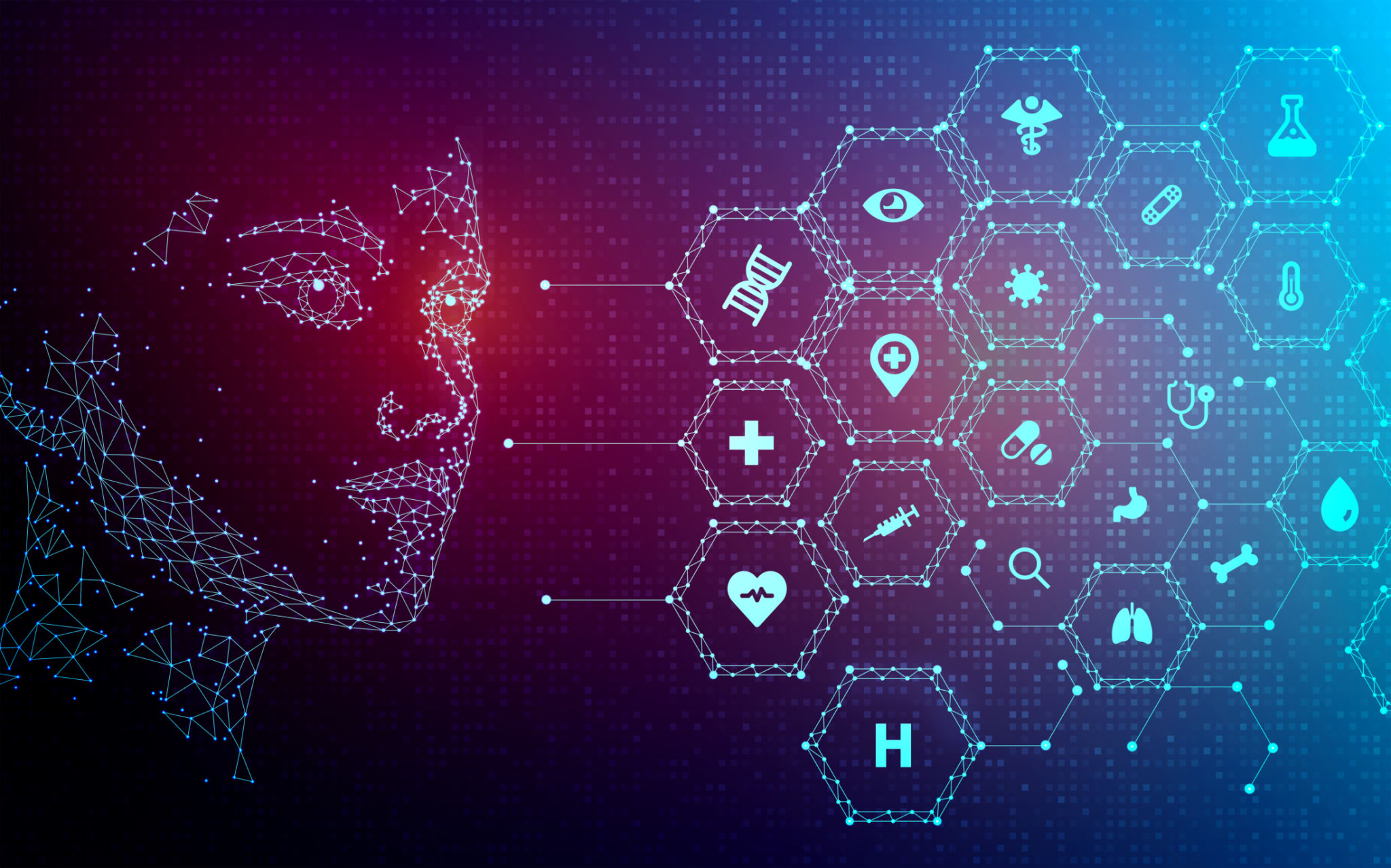The Benefits of AI in Healthcare: Expert Insights and Predictions
The Role of AI in Revolutionizing Healthcare
Artificial Intelligence (AI) is transforming various industries, and healthcare is no exception. With its ability to analyze vast amounts of data quickly and accurately, AI is paving the way for more efficient and effective healthcare solutions. Experts predict that AI will continue to play a crucial role in diagnosing diseases, personalizing treatment plans, and improving patient care.

Enhancing Diagnostic Accuracy
One of the most significant benefits of AI in healthcare is its potential to enhance diagnostic accuracy. AI algorithms can analyze medical images, such as X-rays and MRIs, with remarkable precision. This capability allows doctors to detect diseases like cancer at earlier stages, increasing the chances of successful treatment. Moreover, AI systems can process and interpret large datasets to identify patterns that human eyes might miss.
Personalizing Patient Treatment
AI is also revolutionizing personalized medicine by tailoring treatment plans to individual patients. By analyzing genetic information, medical history, and lifestyle factors, AI can suggest the most effective treatment options for each patient. This approach not only improves outcomes but also reduces the risk of adverse reactions to medications.

Streamlining Administrative Tasks
Apart from clinical applications, AI is streamlining administrative tasks within healthcare facilities. Automated systems can handle appointment scheduling, patient record management, and billing with minimal human intervention. This automation not only reduces administrative costs but also frees up healthcare professionals to focus more on patient care.
Predicting Health Trends
AI's ability to analyze large datasets also enables it to predict health trends and potential outbreaks. By monitoring data from various sources, AI can identify patterns that signal the emergence of epidemics or the spread of infectious diseases. This predictive capability is invaluable for public health planning and resource allocation.

Expert Predictions on the Future of AI in Healthcare
Experts agree that the future of AI in healthcare is bright. As technology continues to advance, AI systems will become more sophisticated, providing even greater insights into patient care. The integration of AI with other emerging technologies such as the Internet of Things (IoT) and blockchain will further enhance its capabilities.
Challenges and Ethical Considerations
Despite its many benefits, the implementation of AI in healthcare does come with challenges. Ensuring data privacy and security is paramount, as is addressing ethical concerns related to AI decision-making. Healthcare providers must navigate these challenges carefully to harness AI's full potential while maintaining trust and transparency with patients.

Conclusion: The Path Forward
In conclusion, AI is set to reshape the healthcare landscape by improving diagnostic accuracy, personalizing treatment, and streamlining administrative processes. While challenges exist, the potential benefits are immense. As we move forward, ongoing collaboration between technology developers, healthcare providers, and policymakers will be essential to realize the full promise of AI in healthcare.
